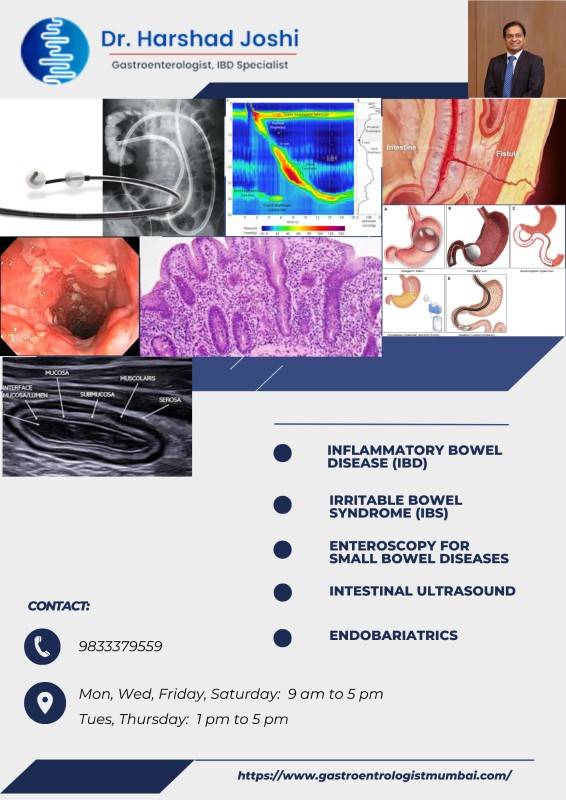A percutaneous endoscopic gastrostomy (PEG) tube placement is a medical procedure that involves the insertion of a feeding tube directly into the stomach through the abdominal wall. PEG tube placement is typically performed using an endoscope, a flexible tube with a camera and light on its tip, which allows healthcare providers to guide the tube into the stomach while visualizing the process on a monitor.
PEG tube placement is commonly used for individuals who are unable to eat or drink adequately due to various conditions, such as neurological disorders, head and neck cancers, or other medical issues that hinder the ability to swallow or take in nutrition orally. PEG tubes provide a means of delivering nutrition, fluids, and medications directly into the stomach.
After the procedure, patients are given instructions on how to care for the PEG tube, avoid infections, and administer feeds. Regular follow-up with healthcare providers is necessary to ensure the tube remains in good condition and to monitor the patient's nutritional status.
The PEG tube can be used for short-term or long-term feeding, depending on the patient's medical needs.
BOOK APPOINTMENT



